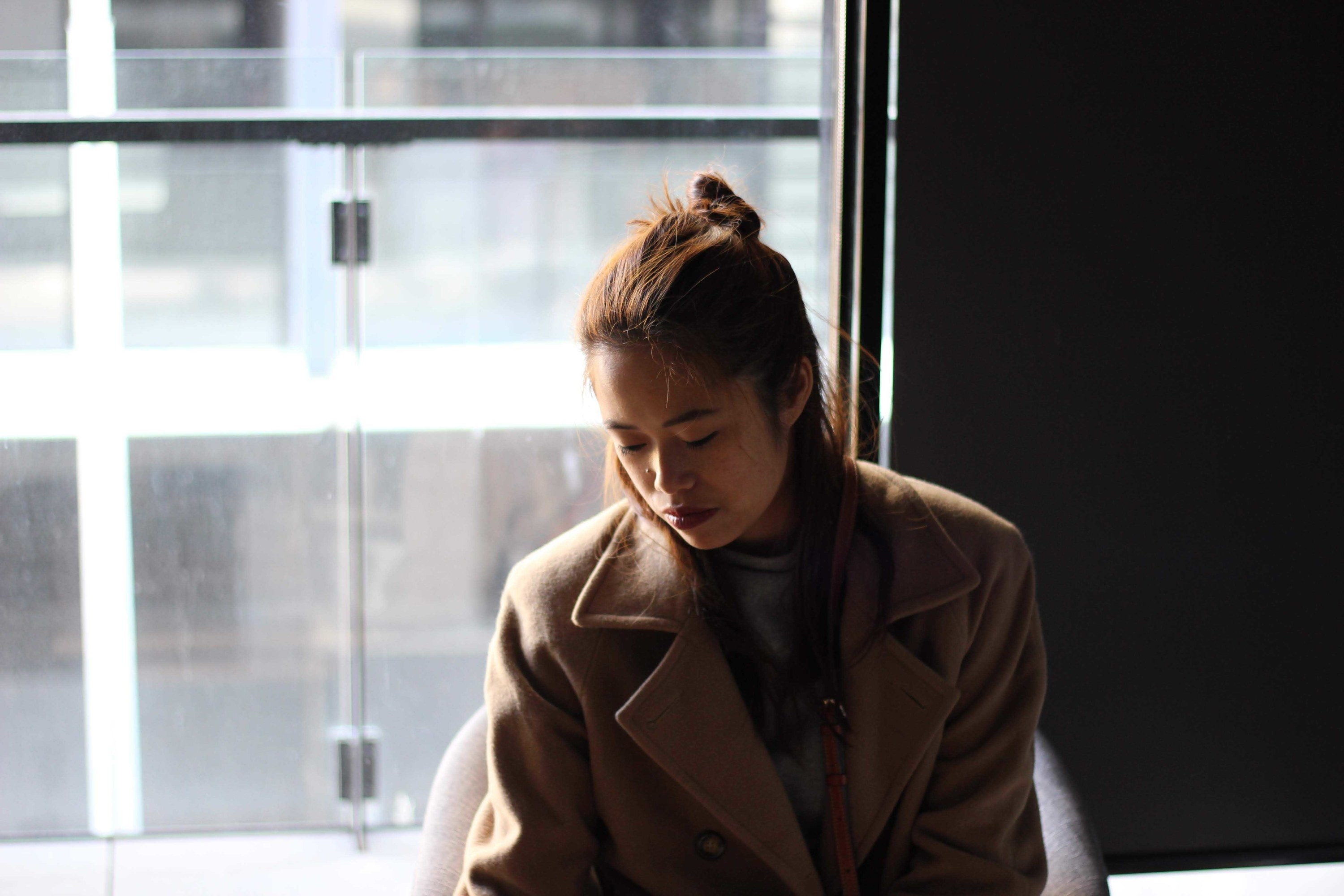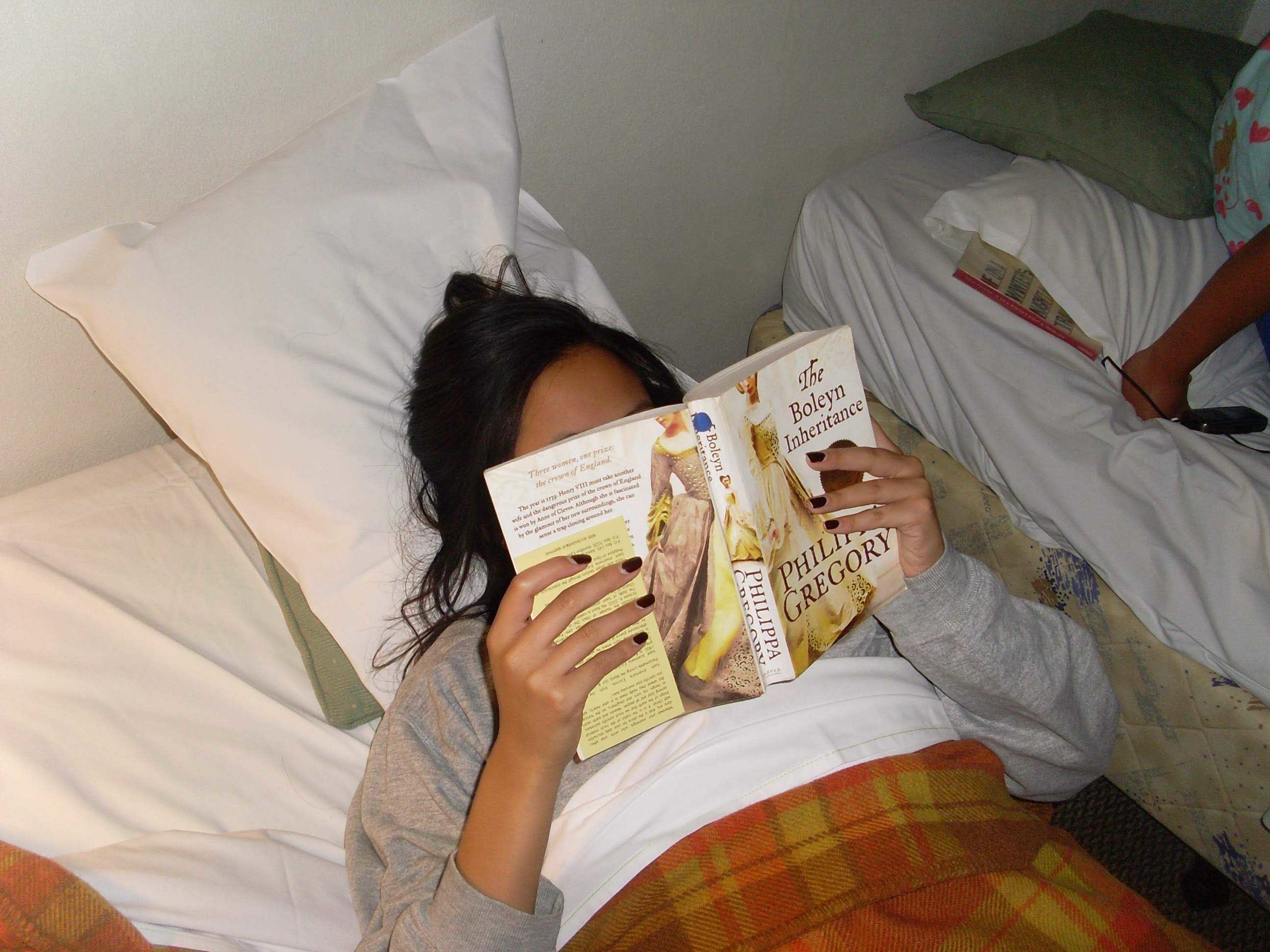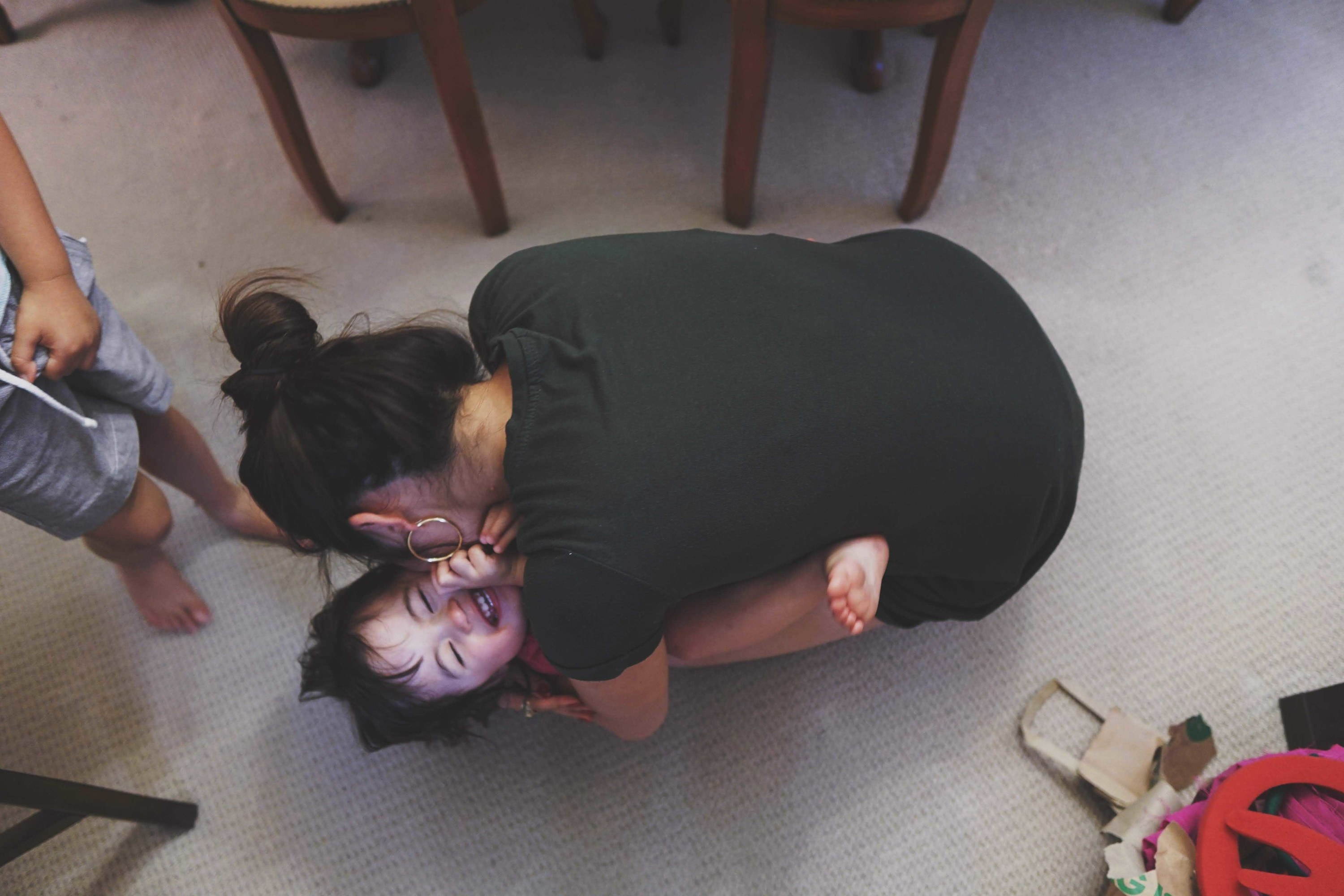Woman, Actually is the little corner of BuzzFeed where Mariela Summerhays writes about everything and anything to do with being a millennial mother — a woman first, mother second. Yes, you'll read about the glorious struggle and joy of child-rearing — but also about relationships, mental health and more. Because as it turns out, growing up doesn't stop at motherhood.
Trigger warning: This post mentions self-harm and may be triggering for some readers.
Disclaimer: This post is not to be taken as medical advice. If you think you or someone you know is suffering from Postpartum Depression, please seek out a medical professional.
Seven years ago — and several weeks into my new life as a mother — my sister and best friend stood over me, shocked at the sight of my hair, which was down from its bun for the first time in weeks.
It’s not that I’d stopped washing my hair — I still showered, still shampooed — but sometime before the suds had been completely washed out, I grew tired of the process and stepped out of the shower. After weeks of this, a bird’s nest developed at the back of my head, with very little hope of being teased out. At my loved ones’ insistence, it was finally cut out.
Years after that, following the birth of my third and last child, vivid and intrusive thoughts of self-harm would visit me periodically — a much easier symptom to identify — and prompted me to seek medical help.
It was only then, after being professionally diagnosed with postnatal depression, did I recognise my inability to tackle the most basic self-care practices after previous pregnancies as a sign of something more serious.
If I’d known the more subtle signs of postpartum depression, I believe I would've sought help sooner. In the hopes of helping even one person, here are the things I recognise now, as having not just been consequences of new motherhood, but something more serious.

I lost the ability for basic self-care.
The days, weeks and months after having a child, your time is no longer your own. You are feeding, changing nappies, putting the baby to sleep — then doing it all over again and again, and again. Honestly? When choosing between a quick nap or a shower while baby is asleep, you can’t be blamed for opting for the former.
But if, like my impossibly knotted hair, signs of neglect start appearing — maybe your usually immaculate nails are severely chipped and overgrown, or it’s been weeks since you brushed your teeth — there might be reasons other than being run off your feet to blame.
I lost my grasp on my memory.
There is not much alarming about a new mother who forgets where her keys are or what item she meant to put on her grocery list — night after night of interrupted sleep will do that to anyone.
But there were times when I’d be mid-sentence and forget what I was saying — even forgetting the topic, continuing with something that was discussed one, two topics ago. I've heard it described as living in a fog and honestly, I feel I didn't emerge from it for many months.

I no longer cared to participate in the activities I'd always loved.
I’ve always been a reader. Always. I was reading books in the playground when my classmates were playing handball — and in a first for parents everywhere, my dad actually told my adolescent self (after having brought yet another book to the dinner table) that I read too much. The photo above is of me on a family holiday, taken by my then-boyfriend, now-husband to demonstrate how addicted I was to reading.
It’s natural that a new parent should not have time for all their hobbies and passions — all your time has been eaten up by a new, little human. But it should’ve been a cause for concern that the thought of reading in spare moments — something that had always relaxed me and given me so much joy — disinterested me entirely for a long time after my son’s birth. There’s a difference between being too tired to engage in your pastimes and being lukewarm towards what would usually be source of energy.
No amount of sleep alleviated my fatigue.
Of course you’re tired. You’re running on interrupted, insufficient number of hours of sleep, you’re constantly holding your baby, and if you’re breastfeeding, you’re giving away any last energy during baby's mealtime.
But maybe the baby has slept through the night for weeks now and like I did, you will still choose your bed over dinner with friends. Not just the first time they ask, but the second and the third time too. Maybe your partner is taking on more and more, like my husband had to — not just more household chores, which is arguably to be expected — but being the only one getting up in the night because you can’t be stirred from your sleep. Not in the middle of the night and not in the morning. Because you feel more than tired in your bones, but to your soul.
And finally, I developed an intense fear of going out.
Leaving home with a baby, versus without, takes some adjustment. It’s time-consuming and a physical change for sure — but there is also some emotional navigating that needs to be done with your relative loss of movement and freedom, which is completely normal.
However, I would go weeks without ever leaving my apartment. Always a cautious driver, this was taken to the extreme in the months following my first born’s birth. There was a recurring invitation to join a gathering of mothers every month, just a familiar half an hour drive away — and still, I felt nauseous and anxious at the idea of making the journey. Not even just the journey — even the logistics of loading the car, when our apartment was several floors up and no one else was home, was enough to terrify me.

By no means do any of these signs — or even a combination of these signs — mean you or someone you know is going through postpartum. And it doesn't mean you don't love your children with everything that you are.
But if there is any bit of uncertainty about whether what you're experiencing is to be expected of new motherhood — or something else entirely — please know there is no shame in seeing someone.
To reach Beyond Blue at any time and day of the week, call 1300 22 4636. For urgent care, you can reach Lifeline on 13 11 14 and in an emergency, please call 000.
